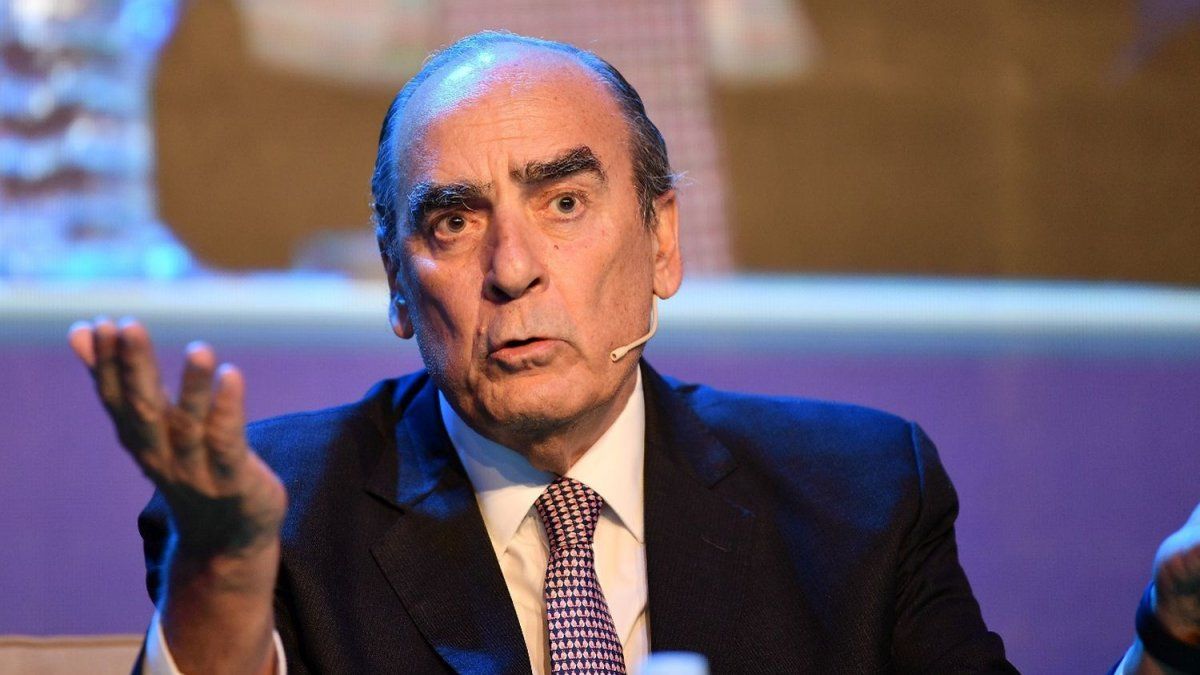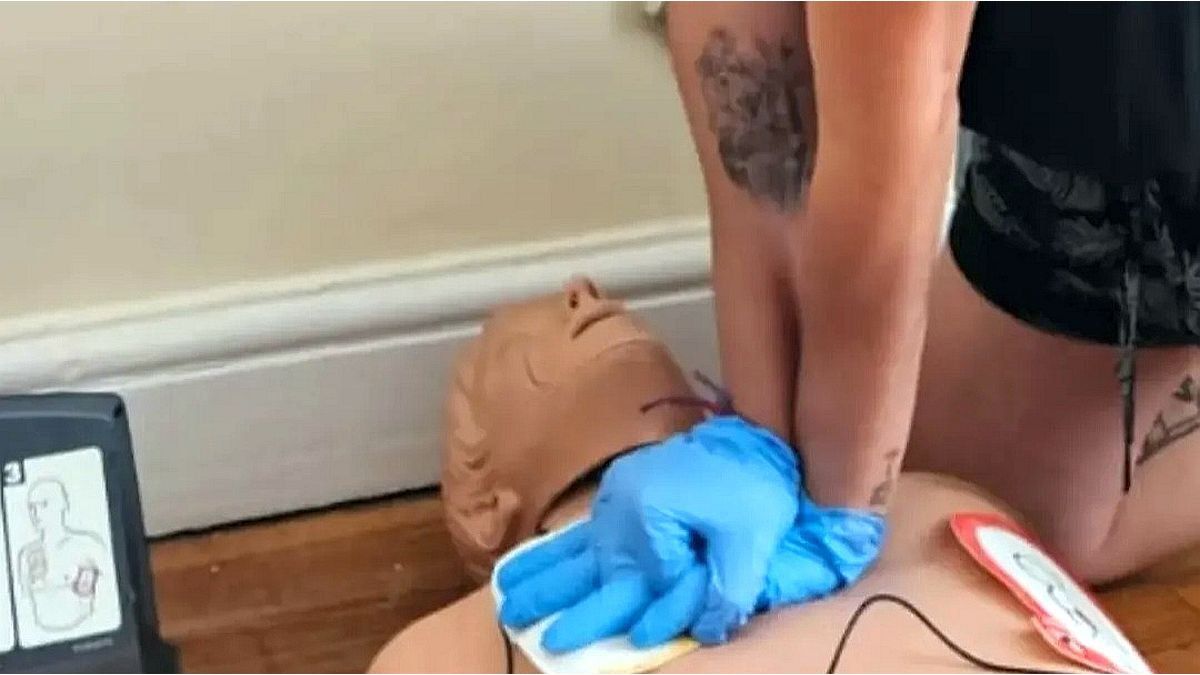It was slipped by the Minister of the Interior Guillermo Francos, prior to the meeting with the governors. The retroactive payment would be charged from last January.
Prior to the meeting between the national government and the governors, the Minister of the Interior, Guillermo Francosannounced that almost 1 million workers in a dependency relationship will once again pay the Income Tax retroactive to last January if the restitution of that tax is not carried out through a law.
The content you want to access is exclusive to subscribers.
“One issue is that the issue of the decree was done so badly, there was a decree that the Massa Government sanctioned by which the power to make withholdings to companies was removed from workers in a dependency relationship”the minister stated to Radio Rivadavia.


And he added: “And when the law is enacted, it is enacted for the following fiscal period, for 2024. In the months of 2023 in which the withholding was not made, the tax was not exempt. All those people who were left in that situation, if the issue is not resolved with this Law, will be subject to paying for that quarter of 2023, because that is the 2023 fiscal period, and the law proposed it for 2024. It is a issue that must be solved.”
Tax experts estimated that the “unpaid debt” would add up to $2 billion and that each worker would be subject to paying between $500,000 and $600,000, if this is not resolved.
Francos had already confirmed the sending of a bill to Congress to restore the income tax for the fourth category as a tool to improve the fiscal situation of the provinces. “Is a request from the governors that we help them solve their tax problems and in that sense we are going to propose the reinstatement of the income tax“said the official during a visit to ExpoAgro.
Restitution of the Income Tax: the concern of the governors
The governors were reluctant to this option because they could be left as those responsible for a new tax increase on workers, in times of loss of purchasing power and high inflation.
One of the first to express his doubts was the governor of Santa Cruz and former general secretary of the oil workers’ union, Claudio Vidal. “Labor would not have to pay Profits. The exit goes through another side. In the case of Patagonia we give a lot to the country and receive very little. If we are aware of the great potential we have and we really have a productive view of development, we will move forward in a short time,” said Vidal in dialogue after the meeting of Patagonian governors in Puerto Madryn.
Source: Ambito




